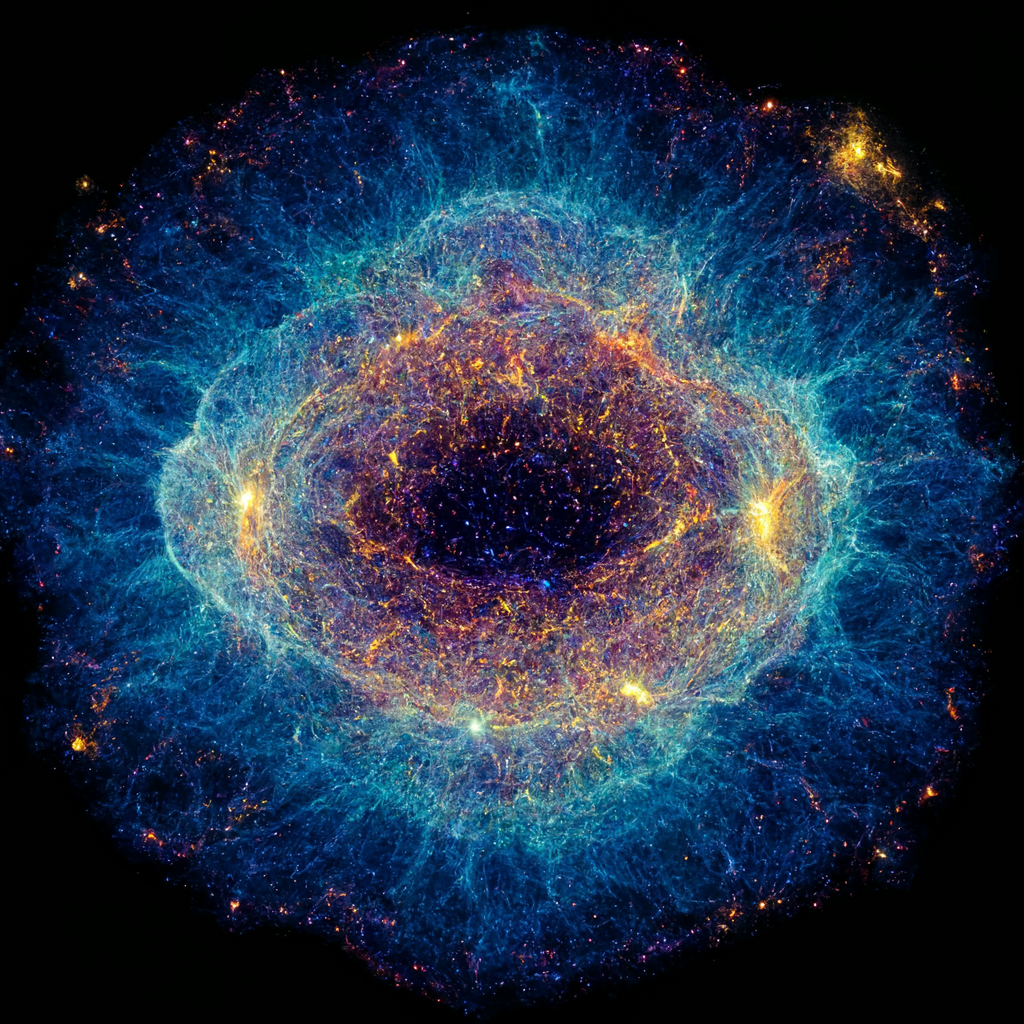
One of the most profound and enduring questions that has been asked throughout history is “What is the nature of the universe?” This question has been asked by astronomers and cosmologists for centuries, and has inspired many theories and models about the structure and behavior of the universe.
The nature of the universe refers to the fundamental properties and characteristics of the cosmos, including its size, shape, and composition. It also encompasses questions about the origin and evolution of the universe, and the fundamental laws and principles that govern its behavior.
There are many different theories and models about the nature of the universe, and these theories have evolved over time as new observations and evidence have come to light. One of the most influential models of the universe is the Big Bang theory, which proposes that the universe began as a singularity that expanded rapidly and has been expanding ever since.
Another theory about the nature of the universe is the concept of the multiverse, which suggests that there may be multiple universes beyond our own, each with its own set of physical laws and properties.
The nature of the universe is also a topic of study in fields such as cosmology, astrophysics, and particle physics, and continues to be a topic of fascination and debate among scientists and philosophers.
Despite the many different theories and models about the nature of the universe, the question remains one of the most profound and enduring mysteries of the cosmos, and continues to inspire and intrigue people of all ages and walks of life.